
Plenary Speakers

Marek Behr - RWTH Aachen University, Germany
Digital Representation of Blood in Biomedical Applications
Prof. Marek Behr obtained his Bachelor's and Ph.D. degrees in Aerospace Engineering and Mechanics from the University of Minnesota in Minneapolis. After faculty positions at Minnesota and at Rice University in Houston, he was appointed in 2004 as a Professor of Mechanical Engineering and holder of the Chair for Computational Analysis of Technical Systems (CATS) at the RWTH Aachen University in Germany. He is also an Adjunct Professor at Rice and a frequent Guest Professor at Chuo University in Tokyo. Behr advises or has advised over 65 doctoral students, and has published over 95 refereed journal articles and a similar number of conference publications and book chapters. Behr is one of the main developers of the stabilized space-time finite element formulation for deforming-domain flow problems. He is an expert on physiological model development and on numerical methods for non-Newtonian fluids. He is a member of advisory and editorial boards of international journals, of the executive council of the International Association for Computational Mechanics (IACM), and of the ECCOMAS Managing Board. He is serving as the President of the German Association for Computational Mechanics (GACM). In 2014, he was the recipient of the IACM Fellow award.
`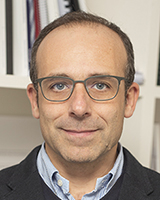
Pedro Camanho - University of Porto, Portugal
Design of Composite Materials and Structures Across the Scales: Physical and Data-driven Models
Pedro Camanho, Full Professor at the Department of Mechanical Engineering of the University of Porto, received his PhD
in Composite Materials from the Department of Aeronautics, Imperial College London, UK, in 1999. He is the President of
the Associated Laboratory in Energy, Transportation and Aeronautics, and member of the editorial board of multiple
international journals, including the International Journal of Solids and Structures and Composites Part A.
The main research interests of Pedro Camanho are the mechanics of deformation and fracture of advanced polymer composite
materials, and new concepts for lightweight composite materials and structures for aerospace applications such as
hybrid, nano-structured, multi-functional, variable-stiffness, morphing, energy-storage and ultra-thin composites.
Pedro Camanho was Visiting Scientist at NASA-Langley Research Center and at the U.S. Air Force Research Laboratory. He
was Visiting Professor at Imperial College London, École Normale Supérieure de Cachan, Brown University, and Cambride
University. Pedro Camanho is the recipient of the 2006 NASA - H.J.E. Reid Award for Outstanding Scientific Paper, of the
2005 Young Researcher in Applied and Computational Mechanics Award from the Portuguese Association of Theoretical,
Applied and Computational Mechanics. He also received the 2020 Excellence in Research Award of the University of Porto,
and the Career Award from the Portuguese Society of Fatigue and Structural Integrity.
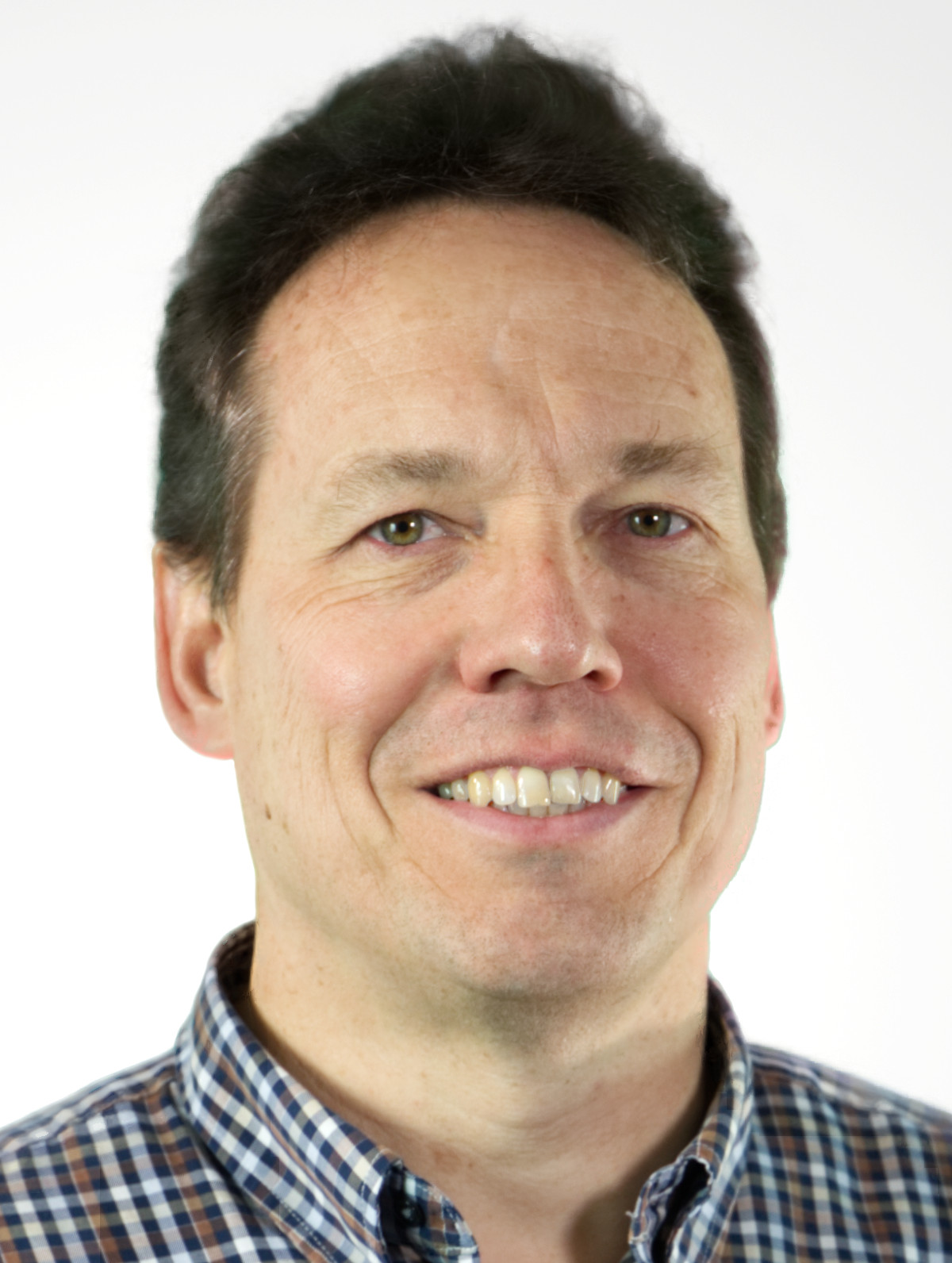
Martin J. Gander - University of Geneva, Switzerland
Time Parallel Time Integration
Martin J. Gander, was born on January 12, 1967, in Saanen (BE), Switzerland. Education: Diploma in Computer Science ETH Zürich1994; Master in Mathematics from Stanford University 1995; PhD in Scientific Computing and Computational Mathematics from Stanford University 1997, supervisor A.M. Stuart. Postdoctoral Fellow at Ecole Polytechnique in Paris from 1998-1999. Assistant and associate professor with tenure at McGill University in Montreal from 1999-2004. Since then, full Professor of Mathematics at the University of Geneva. Vice Dean of the Faculty of Science from 2009 to 2022. SIA Fondation Sciences Mathmématiques de Paris M Fellow 2020, Jean-Morlet Chair of the CIRM 2022, Fondation Sciences Mathématiques de Paris (FSMP) Chair 2023. Research interests: Numerical Analysis and Scientific Computing, Numerical Linear Algebra and Parallel Computing, Preconditioning.
`
Gerhard A. Holzapfel -Graz University of Technology, Austria & NTNU, Trondheim, Norway
Microstructural reconstruction of fibrous tissue with corresponding modeling and application to patients
Gerhard A. Holzapfel is Professor of Biomechanics and Head of the Institute of Biomechanics at Graz University of Technology (TUG), Austria, since 2007. He is also Adjunct Professor at the Norwegian University of Science and Technology (NTNU), Trondheim, Norway, and Visiting Professor at the University of Glasgow, Scotland. After his PhD in Mechanical Engineering in Graz he received an Erwin-Schrödinger Scholarship for foreign countries to be a Visiting Scholar at Stanford University (1993-95). Dr. Holzapfel has authored a graduate textbook entitled "Nonlinear Solid Mechanics. A Continuum Approach for Engineering", and co-edited seven books. He contributed chapters to 25+ other books, and published about 300 peer-reviewed journal articles. He is the co-founder and co-editor of the International Journal "Biomechanics and Modeling in Mechanobiology" (Springer). Among several awards and honors in the past years he is listed in "The World's Most Influential Scientific Minds: 2014" (Thomas Reuters), he received the Erwin Schrödinger Prize 2011 from the Austrian Academy of Sciences for his lifetime achievements, and he was awarded the 2021 William Prager Medal and the 2021 Warner T. Koiter Medal.
`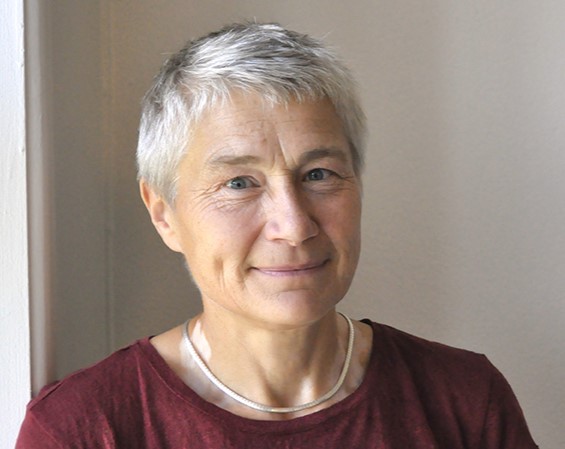
Gunilla Kreiss - Uppsala University, Sweden
Cut-Galerkin methods for wave-propagation
Gunilla Kreiss was born 1958 in Stockholm, Sweden. Education: Master in Engineering Physics, KTH (Royal Institute of Technology), Sweden 1982, PhD in Numerical Analysis, KTH, 1986. Positions: at KTH 1987-2006 (postdoctor, associate professor 1993, full professor 2003), Full professor in Numerical Analysis at Uppsala University since 2006. Editor-in-Chief of BIT Numerical Mathematics since 2017. Research interest: numerical analysis for initial boundary value problems for PDE’s modelling wave phenomena.
`
J. Nathan Kutz - University of Washington, United States
Deep Learning Architectures for Science and Engineering
Nathan Kutz is the Yasuko Endo and Robert Bolles Professor of Applied Mathematics and Electrical and Computer Engineering at the University of Washington, having served as chair of applied mathematics from 2007-2015. He is also the Director of the AI Institute in Dynamic Systems (dynamicsAI.org). He received the BS degree in physics and mathematics from the University of Washington in 1990 and the Phd in applied mathematics from Northwestern University in 1994. He was a postdoc in the applied and computational mathematics program at Princeton University before taking his faculty position. He has a wide range of interests, including neuroscience to fluid dynamics where he integrates machine learning with dynamical systems and control.
`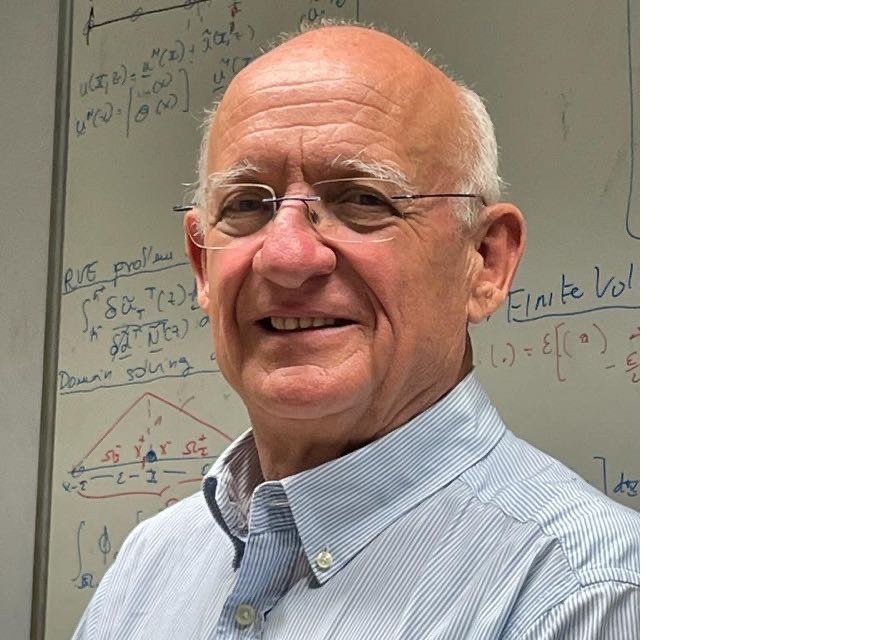
Xavier Oliver - Universitat Politècnica de Catalunya (UPC/ BarcelonaTech), Spain
Multiscale modelling and computational material design: from problems to models
Prof. Xavier Oliver is presently Emeritus Professor at the Polytechnic University of Catalonia (UPC). His research work has developed around Computational Mechanics and Simulation Sciences: computational material failure, particle finite element methods, computational methods for contact-friction, computational optimization methods, among others. His more recent research areas focus Computational Design of Engineering Materials and Metamaterials. In this context he was granted by the European Research Council (ERC), the ERC Advanced Grant “Advanced tools for computational design of engineering materials” (2013-2018), and the ERC Proof of Concept Grants “Computational catalog of multiscale materials: a plugin library for industrial finite element codes” (2018-2020) and, “Design and prototyping of acoustic metamaterials for tailored insulation of noise” (2019-2021). In 2014 he co-chaired the joint Conferences: 11th. World Conference on Computational Mechanics (WCCM XI) - 5th. ECCOMAS European Conference on Computational Mechanics (ECCM V) - 6th. European Conference on Computational Fluid Dynamics (ECCF VI) held in Barcelona. He has been awarded, the IACM Computational Mechanics award (2008) and the IACM Gauss-Newton Medal (2022), by the International Association for Computational Mechanics (IACM), the International Award of the Argentinean Association for Computational Mechanics (2008), and the Olgierd Zienkiewicz Award (2023), by the Spanish Society of Computational Mechanics and Computational Engineering (SEMNI).
`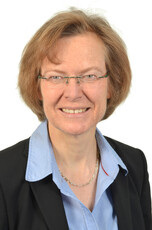
Stefanie Reese - RWTH Aachen University, Germany
Multiscale modeling by combining data-driven approaches and Fourier transforms
Stefanie Reese is Rector of the University of Siegen, Germany. At the same time she is Full Professor (dormant status) at RWTH Aachen University and affiliated with the Institute of Applied Mechanics (IFAM) in Aachen, Germany, which she established in 2010. In 2021 she was elected Dean of the Faculty of Civil Engineering which is a part-time position. After receiving her Dr.-Ing. degree in 1994 from the Technische Universität Darmstadt and postdoc stays at the University of California at Berkeley (USA) and the University of Capetown (South Africa) she became in the year 2000 Professor at the Ruhr University Bochum. From 2005 until 2009 she was Full Professor (W3) at the Technische Universität Carolo-Wilhelmina at Braunschweig. Her work is in the area of computational mechanics. The focus is on continuum mechanical and data-driven modeling of materials, model reduction as well as finite element technology. She obtained several prizes for her scientific work and was appointed to be member of three academies, among these the National Academy of Science and Enginering (acatech). In 2011, she was elected as one of the 25 most influential female engineers in Germany.
`


